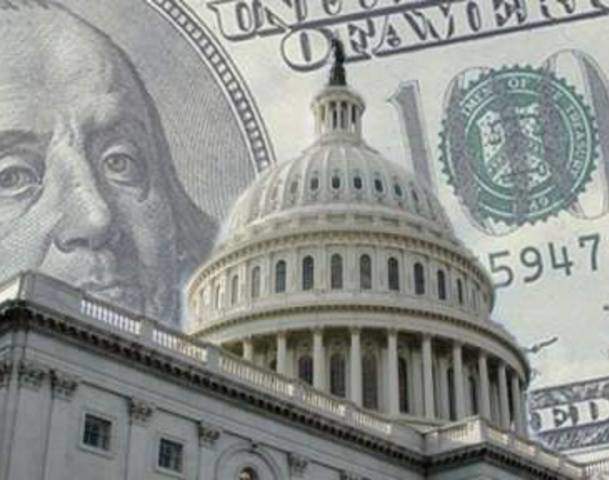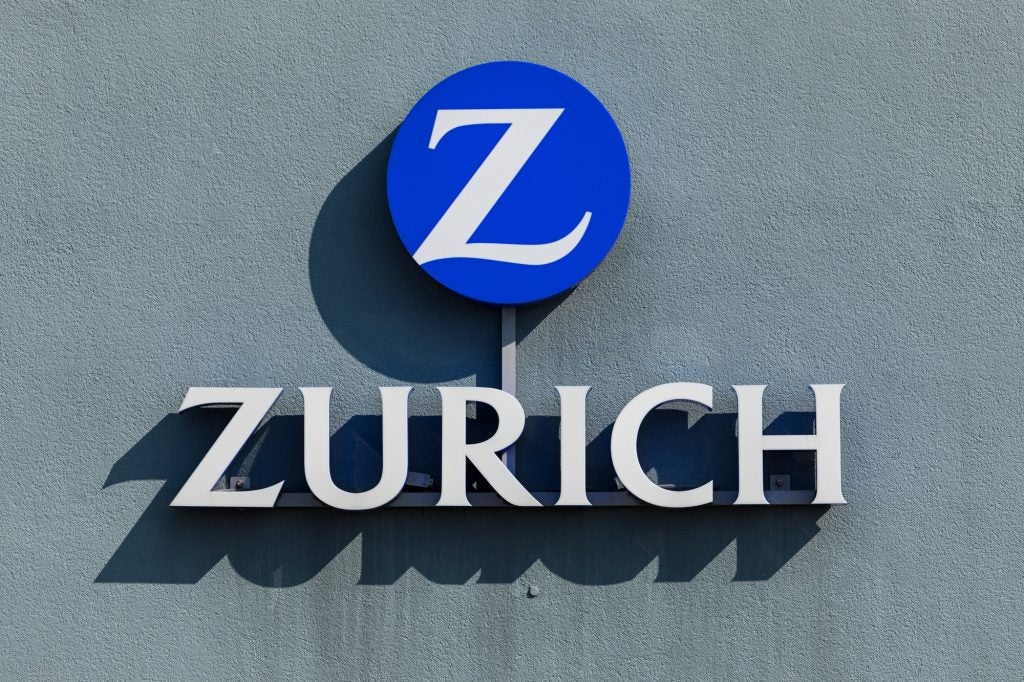
Although the deal on the “fiscal cliff” came as a stimulus for the markets since US President Barack Obama’s announcement on Wednesday morning, with London’s FTSE buoying 2.2% to hit 6,207.37, private banks say investors shouldn’t rejoice just yet.
The express Senate-backed deal on Bush-era packages of spending cuts and tax hikes, which technically came into force on 1 January 2013, was approved in the House of Representatives by a vote of 257 to 167, in a move to prevent the US economy falling “off” the fiscal cliff.
A solid ‘C’
Kleinwort Benson chief investment officer Mouhammed Choukeir agreed the deal momentarily brings better visibility:
“The recent rally in equity markets continues, however, to build momentum, providing a basis for our increasingly positive view on the asset class. Investors can take advantage, particularly where this momentum is combined with low valuations, oversold sentiment and a (relatively) favourable economic climate,” he said.
How well do you really know your competitors?
Access the most comprehensive Company Profiles on the market, powered by GlobalData. Save hours of research. Gain competitive edge.

Thank you!
Your download email will arrive shortly
Not ready to buy yet? Download a free sample
We are confident about the unique quality of our Company Profiles. However, we want you to make the most beneficial decision for your business, so we offer a free sample that you can download by submitting the below form
By GlobalDataMerrill Lynch Wealth Management EMEA chief market strategist Johan Jooste concurred that in terms of asset performance implications, he considered the House approval “to be good, but not great” for risk markets, especially equities.
“Merrill Lynch’s report card on the fiscal deal is a solid “C”, said Jooste “better than hoped given both parties were struggling to compromise, yet room for much improvement through early 2013.”
He said markets in Europe are likely to be satisfied with a “C” for now.
Better visibility, in the short term
The uncertainty of higher income taxes, which had weighed on equities as well as business and consumer confidence, was overturned after the deal was sealed.
“Reduced uncertainty here should allow equity markets, including those in Europe and led by more cyclical sectors, to make modest gains over the coming months,” said Jooste.
“Such a positive outcome is eventually likely, yet as evidence over December showed, the political jostling may still lead to fluctuations in equities, although the trend should be higher,” he said.
Chief investment officer, Asia & Middle East at Coutts, Gary Dugan also acknowledged the positive outcome of the deal as “markets will take heart from the positive news flow, at least until the politicians are called upon for more decision making” but warned of the medium term.
“As expected the avoidance of the fiscal cliff has brought an immediate relief rally in risk assets with Asian markets rising 1-2%, Western markets opening stronger and US markets expected to follow suit,” he added.
“Plaster on a gaping wound”
“[But] reading beyond the headlines is depressing,” added Choukeir from Kleinwort Benson, a vision shared by most analysts.”Policymakers have placed a small plaster on a gaping wound and are hoping growth will solve the problems.”
Didier Saint Georges, a member of the investment committee at Carmignac Gestion, explained that even if the fiscal cliff was averted, “further major challenges” would come in the following months.
Indeed, the deal has only averted sharp rises in income-tax for a majority of Americans and showed a failure by both parties to agree on how to reduce the nation’s long-term debt burden.
Two-month delay backdrop for a $3.6trn deficit rise
“In reality, while tax on low- and middle-income workers were not raised, no ‘grand bargain’ deal was made,” said Jooste. “Rather, it was put off for two months.”
A “little-step” theory that President of the US, Barack Obama also shared when he announced the “fiscal cliff” deal was sealed. “I think we all recognise this law is just one step in the broader effort to strengthen our economy and a broader opportunity for everybody,” he said.
Coutts’ Dugan explained the US has a substantial fiscal deficit that everyone knows needs addressing, and “ongoing lack of clarity as to how it will be brought under control may continue to dampen enthusiasm to invest in anything but the very near term.”
Part of the deal, the hike in the US debt ceiling will have to be voted by the House of Representatives by the end of February this year, and the $109bn of automatic spending cuts know as the “sequester” are suspended until March.
US hit legal borrowing limit
“The US has a two-month reprieve after hitting the $16.4trn debt ceiling,” says Dugan.
Kleinwort Benson’s Choukeir added: “The tax hike for the wealthy doesn’t change the long-term budget picture significantly; in fact, budget deficits will rise by $3.6trn in a decade.”
Choukeir concluded that the unsolved problems are likely to increase market volatility, supporting safe-haven assets such as gold and some commodities, while the drag on US consumer spending resulting from higher taxes – not just on the wealthy, but on 77% of American households through a higher payroll tax – means the Federal Reserve is likely to continue purchasing treasuries in an effort to spur growth.







